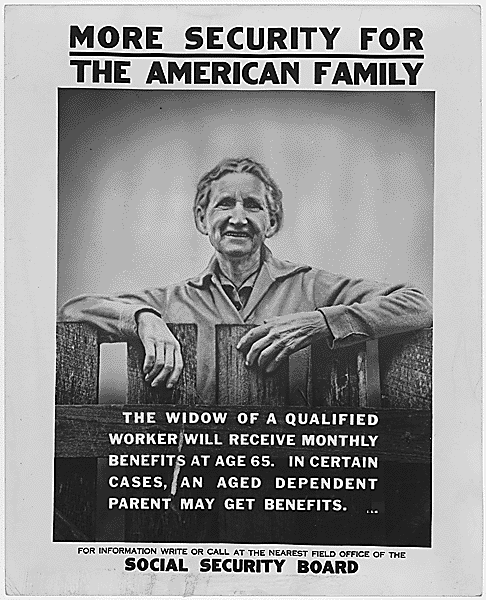
GISW
GLOBAL INSTITUTE OF SOCIAL WORK

Board of Directors and Volunteers at the GISW AGM 2016: Back row (LtoR): Terence Yow, Sim Gim Guan, Tan Ngoh Tiong, David Ong, Vicky Tan, Koh Juat Muay. Front Row: S. Vasoo, Ang Bee Lian, Arthur Tan, Elena Lui, Teo Mui Wan

CSD2015 Conference: Opening Plenary with Keynote Speaker Dr Noeleen Heyzer and Guest of Honour: DPM Tharman Shanmugaratnam

The International Federation of Social Workers is holding a competition to design the 2017 World Social Work Day Poster. The competition is open to anyone including people that use social work services, students, social workers and any one else.

Board of Directors and Volunteers at the GISW AGM 2016: Back row (LtoR): Terence Yow, Sim Gim Guan, Tan Ngoh Tiong, David Ong, Vicky Tan, Koh Juat Muay. Front Row: S. Vasoo, Ang Bee Lian, Arthur Tan, Elena Lui, Teo Mui Wan
Vision &
Mission
The vision of The Global Institute of Social Work (GISW) is to deliver quality social work training wherever in the world it is needed the most. Our goal is to provide readily available, cost-effective, and culturally appropriate training in various fields of social work.
1929-1940
The New Deals & Social Work
The emergency relief programs and the later creation of the Social Security system had a profound impact on the social work profession. First, it pushed the profession into the arena of public welfare. Before the Great Depression most social workers had shunned public relief, but the crisis pulled thousands of social workers out of private agencies and into administrative and supervisory roles in the new public programs. Henceforth, public welfare- particularly supervision, administration and policy work- would be an integral part of the profession.
Second, the proliferation of public programs related to rural difficulties created a new type of social work, rural social work. Previously, social work had been an almost exclusively urban pursuit, focused on the problems of population centers in the Midwest and the Northeast. While social work would continue to be dominated by urban issues, rural social work would become much more significant within the profession and a recognized area of practice.
Third, the 1930s was a period when the social work profession re-committed itself to reform. The exigencies created by the depression were obviously beyond the scope of "individual adjustment" and as one social worker aptly put it," you cannot deal with an inferiority complex on an empty stomach".
This is not to suggest that social casework was dead. In fact, the public relief programs allowed many social workers the heretofore impossible indulgence of turning away from the rather mundane concerns previously associated with private relief activities. By the end of the decade, some social workers believed that the problems of basic relief had been solved. That they could now turn back to the real business of social work- individual adjustment.
Occupational Social Work
Another important impact created by the proliferation of public programs, was the increased number of people practicing social work. Thousands were recruited into social work through the gates of public programs.
Many of these new social workers came from backgrounds quite different from their more experienced cohorts from established private charity programs. Most came from working class rather than upper class families and were drawn more towards unionism than professionalism. Often radical and sometimes critical of the New Deal programs, these rank and file social workers represented a different perspective than the more professionally oriented and better-educated social workers. They often joined unions and sometimes even organized the poor.
Occupational social workers were drawn to a profession that promised better opportunities and higher status. However, they chafed at what they perceived as the elitist attitudes and pretentious conduct of the trained social workers. Social workers from the public agencies would play an important role in social work's future. Many developed a love/hate posture toward professional social work that would have a lasting effect on the profession.
Professional Education
In 1932, the Association of Professional Schools of Social Work, responded to the challenge posed by the rapid expansion of public agencies. The Association adopted a minimum curriculum that required a year of full-time study. In 1934, the Association required that all schools seeking accreditation must be affiliated with a college or university. In 1939 accreditation requirements were increased to include a two year curriculum. Facing the need to train thousands of new social workers who were largely from working-class backgrounds, Social Work Education became less accessible.
A Decade of Progress
As the decade of the 1930s came to a close, social work had been transformed. From a profession largely focused on individual adjustment and behavioral problems, it had re-discovered reform and systemic intervention and grown large enough to embrace both approaches.
Social workers were not only leaders in the charity field but recognized experts in the new arena of public policy. Social Work's new stage was national, and some leaders were celebrated on a world stage. Social work was no longer begging to be recognized as a new profession. It had taken its place as an essential component of a modern society.

Dust Storm

New Dealers and ex-settlement residents- Harry Hopkins (director of the WPA ) and Harold Ickes (director of the PWA) relax on a trip abroad.


A pensive Jane Addams enjoys renewed status during the 1930s as many of her ideas are adopted during the New Deals.

Adapted from socialworkhistorystation.org
Special thanks to the late Professor Dan Huff and Boise State University School of Social Work